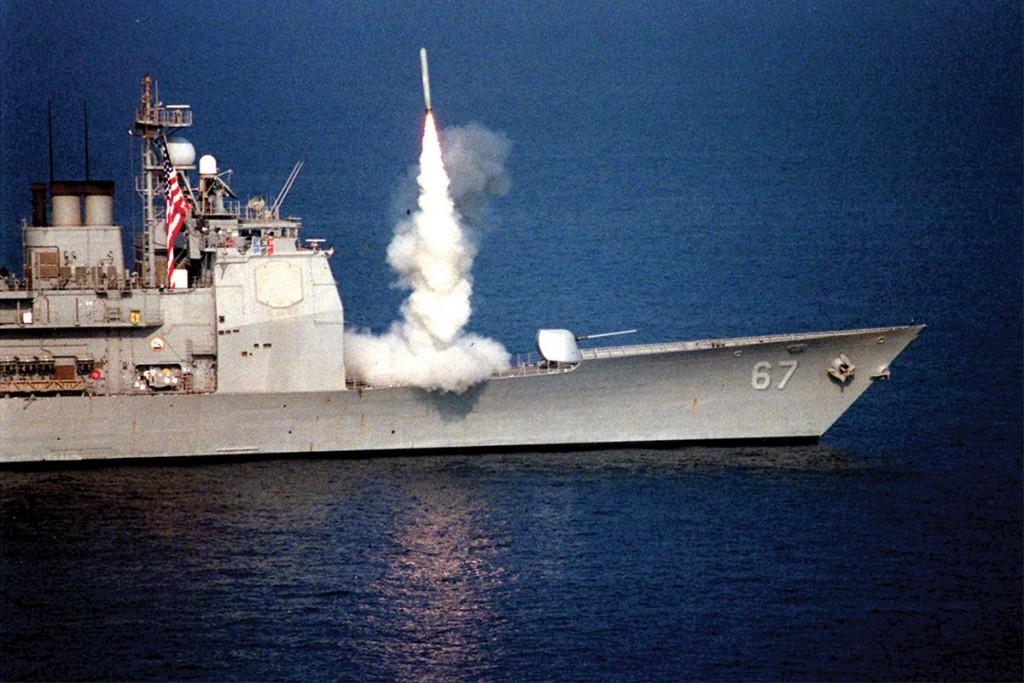Nuclear Weapons in a Changing World
Are they Dangerous? Absolutely. Is Total Disarmament an Option? No Way
July 15, 2011

Published: May 5, 2010
Are they Dangerous? Absolutely. Is Total Disarmament an Option? No Way
July 15, 2011

Published: May 5, 2010